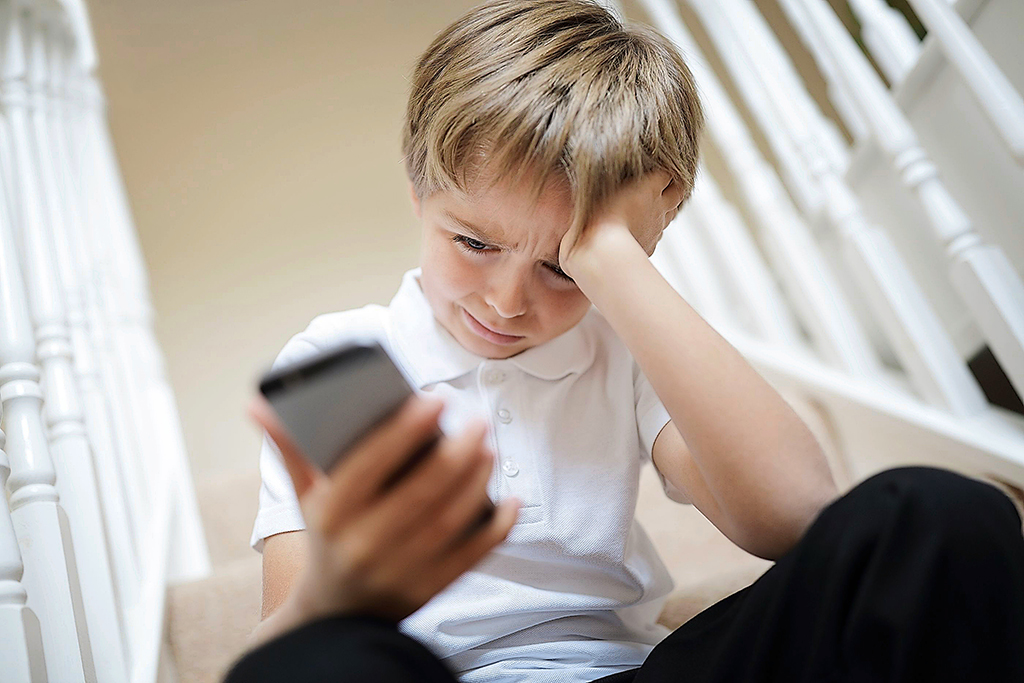THE #BeKind hashtag was all over social media in the aftermath of the tragic death of Caroline Flack, the former ‘Love Island’ presenter who took her own life earlier this month.
Being kind is hardly a new concept; it’s something that every parent should instil in their children from a very young age. I remember seeing the legendary Leonard Cohen perform in Dublin in his later years. His parting words to the audience that night were two simple words that have a powerful resonance when put together – ‘Be Kind’.
It seems it was far easier to be kind in the days before social media. Even if you weren’t crazy about a certain individual, social convention dictated that you wouldn’t be unnecessarily cruel when in their company.
But social media has reprogrammed our moral codes and caused – or, perhaps, highlighted – widespread behavioural dysfunction. Those you might had previously considered as right-thinking people can direct the most hateful, hurtful and often slanderous comments at their targets, be they so-called ‘friends’, celebrities or politicians, often under the cowardly cloak of anonymity.
Last week, one former politician deleted his Twitter account after receiving a deluge of abuse when he lost his seat in the general election. A number of former female TDs also spoke out about the vile comments they had been subjected to during the campaign.
When there’s a tragic death, like Caroline Flack’s, social media users bend over backwards to undo the damage and purge any internal guilt they feel by including well-meaning but ultimately useless hashtags in their posts.
Even though we try to teach our kids about acceptable behaviour on social media and the dangers posed by internet bullying, there are world leaders like Donald Trump using Twitter to spew out childish insults to their critics. In Ireland, we have politicians who have had to apologise for inappropriate social media comments.
With social media companies seemingly unable to regulate themselves, it is up to parents and educators to be the moral compass for a generation that seems oblivious to the consequences of posting hurtful or offensive comments online.
Our young people need to be reminded that every ill-judged post could come back to haunt them in the future, damaging their career, ruining their reputation and causing untold pain or even death.
